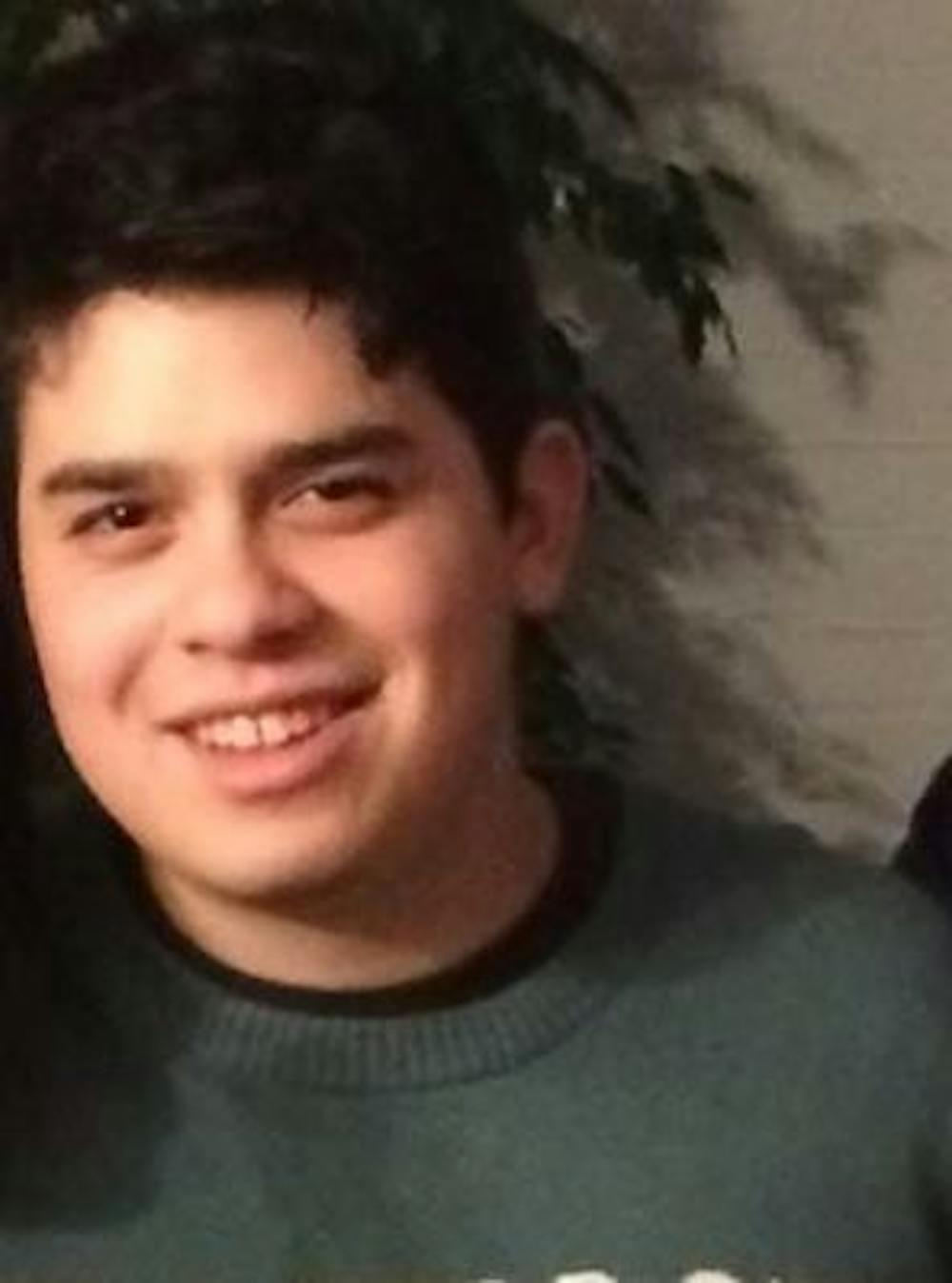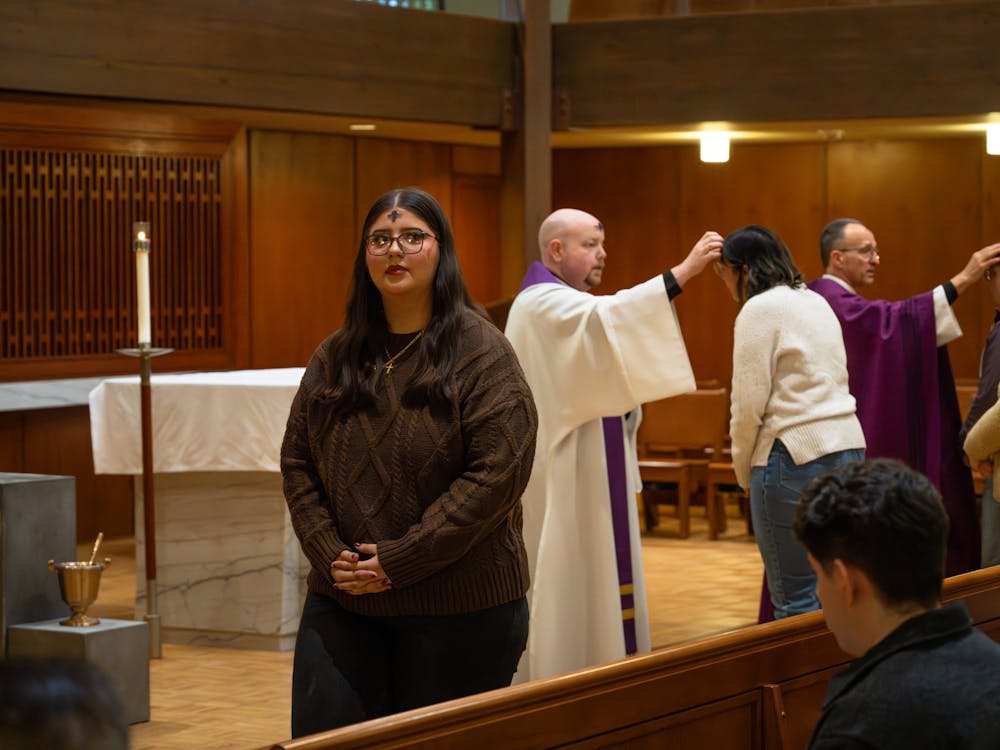by Victor Amador |
On November 16th, 2015, I received an email that sent chills down my spine. Fr. Mark Poorman was notifying the student body of Conner Hall’s suicide and although I didn’t know Connor personally, I was deeply troubled by the news. Conner’s suicide was one of a growing number of suicides at the University of Portland since I arrived back in Fall 2013, and the melancholy and shock on campus was palpable. We became conscious more than ever to the tragic truth that there are people here on The Bluff that are fundamentally unhappy and feeling unwelcome, so much so that they cannot bear to live one more day. We realized that suicide does not always have visible symptoms before it strikes.
There were mental health seminars, vigils and many other projects put on by the faculty, staff and student body on campus to promote healing and awareness. UP’s response to this string of unspeakable tragedy made me proud to be a Pilot.
Unfortunately, as someone who has attempted suicide, I personally know that it is not enough to “respond.” Several years ago, I found myself in a dark place, and sadly, I was not the only one. According to www.cdc.gov, a suicide occurs in the US approximately every 13 minutes. I look at these numbers and the people around me who have been affected by suicide and I feel helpless. What can I do?
Pope Francis has given us a wonderful tool to combat the sadness in our world by declaring this year of Mercy. Mercy, by definition, is treating a person with compassion when you have the power to punish them. Mercy, as described by Pope Francis, is “the fundamental law that dwells in the heart of every person who looks sincerely into the eyes of his brothers and sisters on the path of life.”
So what does mercy look like to me? Mercy is anytime someone shows me compassion or kindness when they have the power not to. Mercy is a classmate who is seeing me struggle on homework in the library and takes the time to check on how I’m doing. Mercy is a professor making time to help me prepare for a job interview. Mercy can even be a smile from a stranger. Mercy is taking the extra step to let someone know that they are valued and worthy of compassion and kindness just because.
Often on campus, I barely notice the people around me as I’m worrying about the zillion other things I need to do, a sedated zombie crushed under the stress of school. But when I take a moment to stop and actually notice the people in the quad, I realize that I need to slow down and be present. As a suicide survivor, I owe my life to mercy. By creating a culture of mercy on campus, a culture where everybody is treated with kindness just because, we can help those who are silently suffering say “yes” to life for one more day.
Victor Amador is a junior mechanical engineering major. He can be reached at amadorv17@up.edu.








